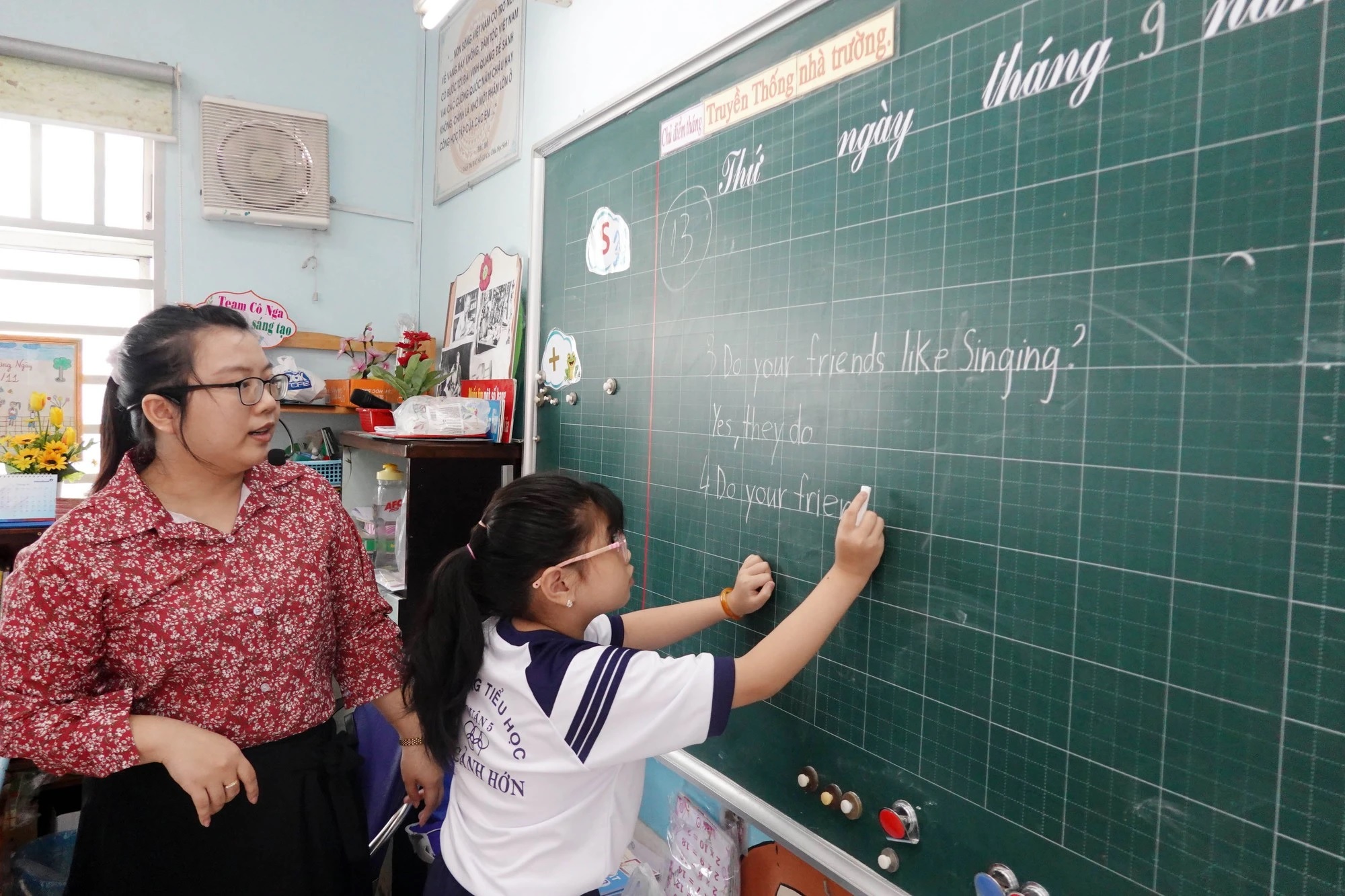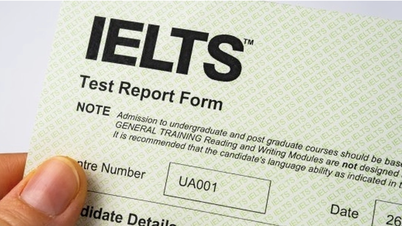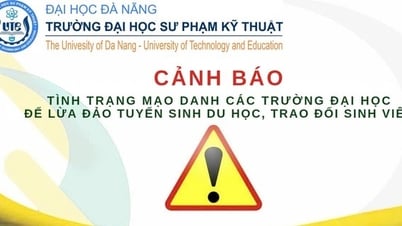A series of important changes in English teaching and learning not only reflect the transformation of the education system but also open up many opportunities and challenges for both teachers and learners.

Primary school students in Ho Chi Minh City during an English class
PHOTO: DAO NGOC THACH
English is no longer a compulsory subject.
Since the end of 2023, the Ministry of Education and Training has decided that foreign languages, mainly English, will no longer be a compulsory subject in the high school graduation exam from 2025. This decision has created many conflicting opinions, as many people are concerned that removing the compulsory subject could reduce the position of English in the school environment, leading to a half-hearted and coping attitude towards learning English among some students.
However, some experts say this decision will "return English to its rightful place", as a subject that focuses on practicing language communication skills, instead of just teaching grammar for exams.
However, the biggest challenge lies in changing the way of teaching and assessment in schools. If teaching methods are not improved, learning English risks becoming a coping method, lacking substance.
Gradually becoming a second language in schools
One of the strategic changes is that the Politburo has decided to gradually make English the second language in the entire general education system. At the end of 2024, Deputy Prime Minister Le Thanh Long also signed Decision No. 1600 approving the Project on International Integration in Education and Training until 2030, which emphasizes the key role of improving foreign language proficiency for students.

Candidates in Ho Chi Minh City exchange after the English test in the 2024 high school graduation exam
Realizing the above desire poses many challenges, both theoretical and practical, for our country's education system. To avoid the limitations that many experts have pointed out in the Foreign Language Project 2020, policies need to be implemented systematically, from improving the quality of teacher training, building practical curriculum, to innovating appropriate assessment methods.
Applying technology and mobilizing the participation of the whole society are also important factors helping this project achieve success.
IELTS fever continues
In recent years, IELTS has become the "gold standard" for assessing English proficiency and this trend shows no signs of cooling down in 2024. The IELTS test preparation market is expanding, even spreading to general education as many foreign language centers cooperate with education departments to train IELTS teachers.
The penetration of IELTS into the general education program needs to be strictly managed both in terms of organization and expertise to avoid putting unnecessary pressure on students, but still achieve the desired results. IELTS is predicted to remain a popular certificate in the coming years, so centers and teachers must constantly improve the quality of training to meet the increasing needs of learners.

Hundreds of people attended the IELTS festival in Ho Chi Minh City held in March.
New resources from "transitioning" teachers
Another notable trend in 2024 is the sharp increase in the number of “switching” English teachers. These are people from other fields who switch to teaching English, mainly to meet the growing demand of the test preparation market, especially IELTS.
Many teachers who change careers have chosen to invest in a dual English language degree or a master’s degree in teaching English as a Second Language (TESOL). However, many have only attended short-term TESOL courses. This raises questions about the quality of teaching, especially when many centers are still willing to accept teachers without formal qualifications.
The development of "transferring" teachers, although providing an abundant source of human resources, also requires management agencies to build a tighter quality control system.
The Future of English Teaching and Learning in Vietnam
Artificial Intelligence (AI) is revolutionizing education globally, and Vietnam is no exception. Smart language learning apps like Duolingo, ChatGPT, or AI-powered test preparation platforms are becoming increasingly popular, helping learners learn more effectively.
Some language centers have begun to integrate AI into their teaching process, from personalizing lesson content to building automated tests. However, to fully exploit the potential of AI, teachers need to be trained to use this technology as a supporting tool instead of being completely dependent on it. AI is predicted to become a decisive factor in shaping the future of foreign language teaching in Vietnam.
Overall, 2024 is an exciting year for English teaching in Vietnam. Changes in policy, technological developments and the test preparation market open up many opportunities but also pose many challenges. For English to become a tool for international integration, there needs to be a balance between many factors, including: teacher quality, curriculum, teaching methods and technology application.
In the coming years, technology, specifically AI, will be a key factor in influencing English teaching in Vietnam. In addition, the freedom in this market will also play an important role in attracting many subjects, whether formal or spontaneous, to participate in teaching, learning, and training English teachers.

Students use ChatGPT, an AI tool, to aid in English learning
The context of English language teaching in our country is quite complex and is influenced not only by domestic changes but also by global fluctuations and many long-standing cultural factors. Therefore, there may be many unforeseen changes in priorities, approaches and attitudes of stakeholders.
Teaching English is not only a school’s business but also a shared responsibility of the whole society. Only with the synchronous coordination of management levels, teachers, parents and students, can Vietnam improve the foreign language skills of the young generation, meeting the requirements of global integration in the future.
Source: https://thanhnien.vn/nam-2024-xu-huong-day-va-hoc-tieng-anh-tai-viet-nam-co-gi-noi-bat-185241231083139292.htm







![[Photo] Magical moment of double five-colored clouds on Ba Den mountain on the day of the Buddha's relic procession](https://vphoto.vietnam.vn/thumb/1200x675/vietnam/resource/IMAGE/2025/5/9/7a710556965c413397f9e38ac9708d2f)


























![[Photo] General Secretary To Lam begins official visit to Russia and attends the 80th Anniversary of Victory over Fascism](https://vphoto.vietnam.vn/thumb/1200x675/vietnam/resource/IMAGE/2025/5/8/5d2566d7f67d4a1e9b88bc677831ec9d)

































































Comment (0)